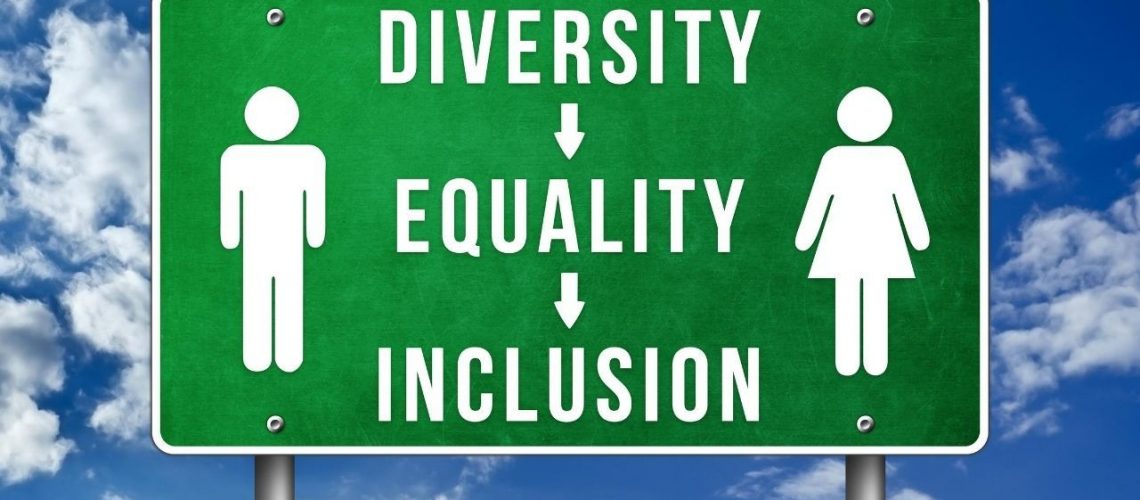Companies in the energy industry are paying attention to inclusion and diversity. But beyond awareness, what are they doing about it?
Recent studies like the Energy and Diversity Inclusion Index and the Women in the Workplace 2018 asked employees pointed questions on these issues.
So how do women in the workplace, and in energy, feel about their experiences? Since companies are acknowledging the need for inclusion and diversity, have things changed?
Over 64,000 employees in the U.S. completed the Women in the Workplace survey. And more than 450 people in the energy industry responded to the EDII survey.
Let’s take a look at what the data from these reports reveal.
Treating Diversity as a Business Priority
According to the Women in the Workplace study, companies are experts at setting goals and tracking data to achieve them, in most cases. However, only 38% of companies set targets for gender diversity, and only 42% hold senior management accountable for making progress in this area.
20% of employees believe that their company’s commitment to gender diversity is lip service.
One female vice president and member of her company promotion team noted that “when women are given more scope and responsibility, then they deliver success, it takes 6 months to a year for them to be recognized. Whereas when men get a new responsibility, I’ve seen them immediately get promoted or get recognized without creating any deliverable.”
According to the EDII report, nearly 70% of the people polled in the energy industry believed that they belonged at their companies. Yet, only 31.13% either agreed/strongly agreed that promotion decisions were handled fairly.
37.18% of energy employees felt that gender diversity was NOT a priority to senior management.
Company Culture Needs to Change
Employees participating in these surveys believe that women still face various forms of discrimination and many have experienced it.
In fact:
- 64% of women experienced microaggressions.
- 55% of women in senior leadership were sexually harassed.
- 45% of women in technical fields were sexually harassed.
- 48% of lesbian women were sexually harassed.
- 71% of lesbian women were subject to microaggressions.
Only 32% of women believe that their company quickly addresses disrespect towards women.
In the EDII report, 77.41% of employees agreed/strongly agreed about feeling respected and valued by fellow employees. But, only 69.54% felt that management valued and respected them.
As our friends at Gapingvoid Culture Design Group say “inclusive is the new exclusive”. But it starts at the top, and clearly, more work must be done.
The EDII report shows that 81.03% of energy employees place a high priority on diversity. Data from the Women in the Workplace report shows that even though more women earn bachelor’s degrees than men, they are still:
- Less likely to be hired into entry-level jobs.
- Less likely to be hired into management positions.
- Far less likely to be promoted into management roles.
Right now, men in the workplace hold 62% of all management positions. Women hold 38% of them.
It’s Time to Fix the Only Factor
Often, when women do land the job or get the promotion, they discover that they are the only woman in the room. According to Women in the Workplace, one in five women are Onlys.
40% of women in senior level or technical roles said they are an Only. About 7% of men reported this.
Being an Only doesn’t just affect women at work. It happens to people of different backgrounds and ethnicities too. As one mid-level administrator put it:
“I feel like I have to represent the entire race. I need to come across as more than proficient, more than competent, more than capable, and be ‘on’ all the time. Because in the back of someone’s mind, they could be judging the entire race based on me. And I don’t want to ruin anyone else's opportunity because I messed it up. I know that seems really heavy, but that is often how I feel. I am pretty sure that when most white people make a mistake, they don’t feel like they’re representing all Italians or all Irish. But a lot of Black Americans do feel like that.”
Let’s Move the Needle in the Right Direction
Lip service doesn’t hold much weight and people see through it. Hiring a diverse workforce is a start, but it’s not enough. What is your company doing to ensure that all employees have a sense of belonging?
The data is here. Two different reports, two very similar sentiments among women in the workplace.
It’s time to go beyond acknowledging the data and use it to drive real change in the energy industry and beyond.
Let’s start addressing these issues like the business priority that they are.





